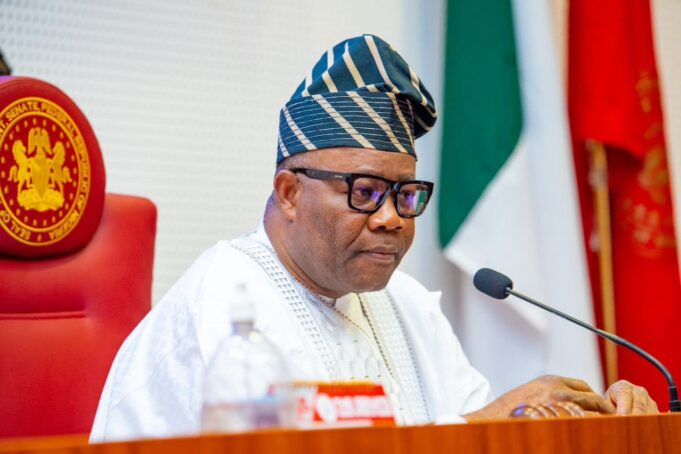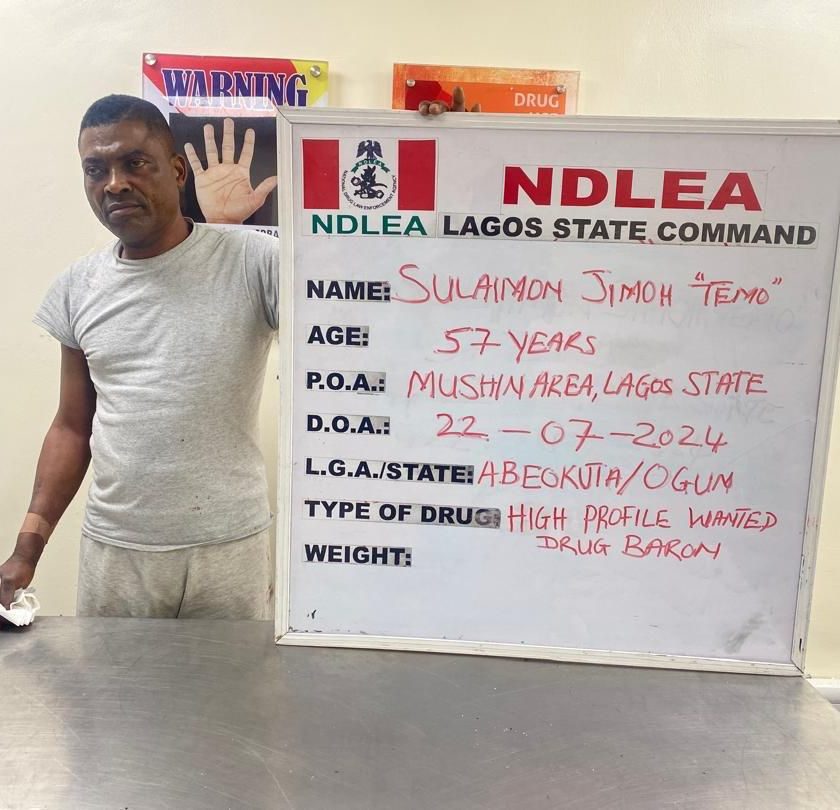The first test of his monarchy was the resumption of hostilities between Ife and Modakeke, barely a year after Sijuade’s ascension of the throne. It was a resuscitation of an age long strife and rancour that about a century years of communal relationship and inter-marriages have failed to heal and it historical link to the Ooni Sijuade lineage. His grandfather, Oba Adelekan Sijuade Olubuse Eriogun1 was a legendary king who reassembled the dispersed people of Ile-Ife and fortified the town against persistent onslaught by Modakeke. He defeated Modakeke and sacked the people scattering them as far as Owu Ipole, between Ife and Ijebu; others to Gbagan, some to Edunabon, others to Ede; the bulk of the people, however, with the then Ogunsua or Bale of Modakeke removed to a place called Odeomu, somewhere midway between Ede, Ife and the Ijesas, about ten miles from Ife, just beyond the River Sasa, which after the war was made the boundary of Ife territory.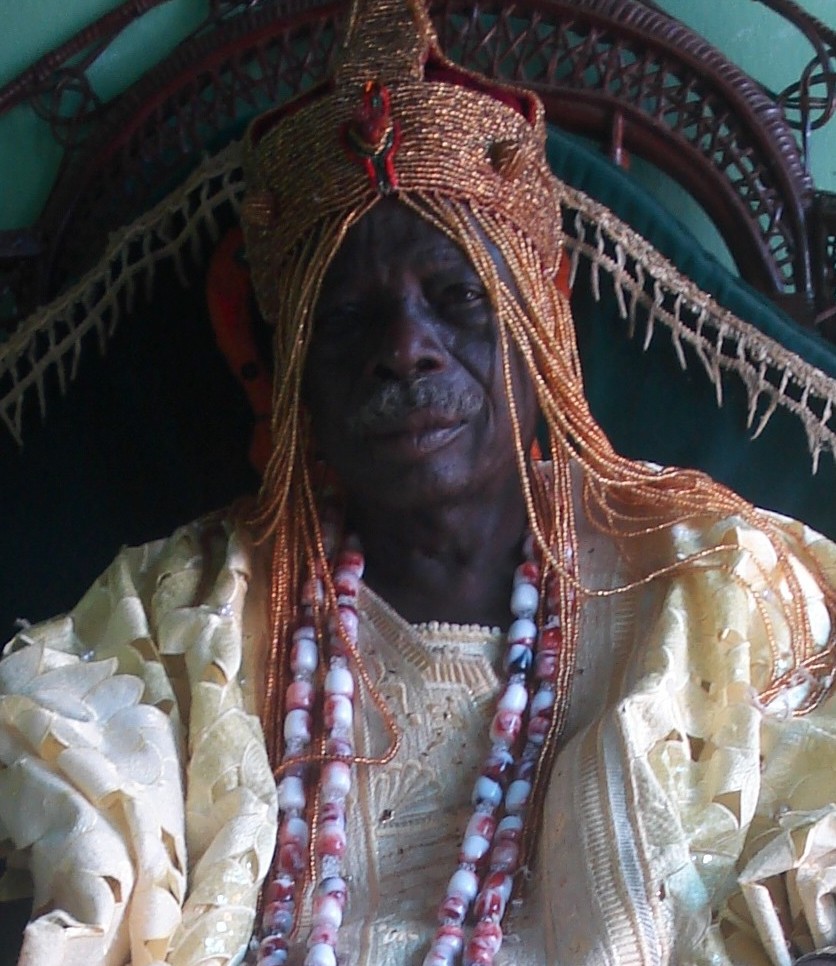
Oba Adelekan Sijuade Olubuse1 seems to have been raised up for the purpose of breaking up Modakeke, for he commenced his hostilities against the town soon after he was raised to the stool of the Owoni, and he died the year after the breaking up of the town. They drove us twice from our home”, he used to say, “and we must see that they are driven permanently from theirs.”
The war recorded heavy casualty on both sides. It took intervention of successive governments to bring about peace. The military government created a separate local government for Modakeke and Prince Olagunsoye Oyinlola, as governor of Osun State, on February 5, 2008 spear headed a truce that led to the Ogunsua (Baale) of Modakeke, Chief Francis Adedoyin, for the first time in decades entered the palace of the Ooni of Ife, Oba Okunade Sijuade prostrated and accepted him as his father. The peace deal was consummated on September 5, 2009, when Ooni Okunade Sijuade Olubuse ll finally crowned the Ogunsua as an Oba thereby ending the war fought by Ooni Adelekan Sijuade Olubuse l
He incurred the wrath of the Buhari/Idiagbon regime in 1984 for travelling to Israel along with the Emir of Kano, the late Alhaji Ado Bayero. His passport was seized, based on the order from above. 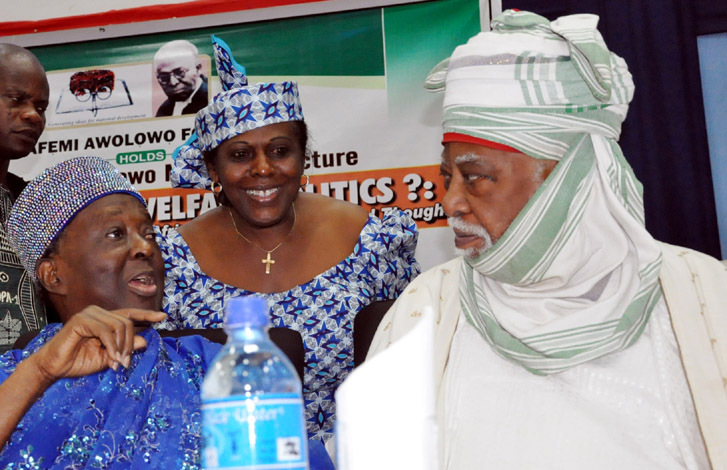
His predecessor, Oba Adesoji Aderemi let a lager than life image and personality. When he was alive, he was the most respected Yoruba monarch. Others looked up to him for leadership and direction and they dare not ‘look him in the face’not even the Alaafin. He was a ‘primus inter pares’ among the traditional rulers. He remained permanent chairman of the Oyo State Council of Obas before then he had held the same position in the old Western Region.
So when Sijuwade succeeded him, there was a stampede by these Obas to free themselves from the Ooni’s shackle of dominance. Thus, crisis broke out between the Arole Oodua and other children of Oodua such as the Alaafin of Oyo, Oba Lamidi Adeyemi, Owa Obokun Adimula of Ijesaland, Oba Adekunle Aromolaran, and Soun of Ogbomoso, Oba Jimoh Oyewumi Ajagungbade-over the chairmanship of the Oyo State Council of Obas and Chiefs. Thus, the leadership position which the Ooni has enjoyed from time immemorial became a subject of dispute. Then there was a prolong battle for supremacy between Ooni Sijuade and Alaafin of Oyo over who is pre-eminence in Yoruba land. So also with the Omo N’oba Uku Akpolokpolo, Ereduwa, the Oba of Benin over certain historical facts and alleged distortions. 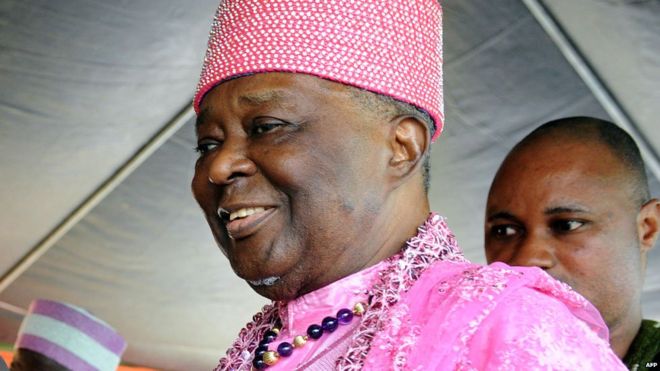
His comments on political issues and passive involvement in politics were often perceived to be anti-progressive stance of his Yoruba people. First was his notorious stand in support of the annulment of the June 12, 1993 election won by Bashorun Moshood Abiola. It put him at variance with the position of his people and majority of Nigerians. During the run up to the Constitutional Conference, one of the programmes designed by the Abacha junta to bury the ‘June 12’ Ooni Sijuade was was reputed to have told the Yoruba’s “E jade ki e lo try best yin” meaning “troop out and try your best” in support of the conference.
The December 1997 coup, allegedly led by his kinsman, Lt. Gen. Oladipo Diya was another test case. When traditional rulers were summoned to Abuja, the Federal Capital Territory (FCT) by the late Head of State, the late Gen. Sani Abacha, to view video clips on the coup involving Gen. Diya and other Yoruba officers at a time the military was trying to justify the trial of the alleged plotters. Oba Sijuwade was among the monarchs interviewed by the Nigerian Television Authority (NTA). “He (Abacha) is speaking sense,” he was quoted to have told the reporters. Many Yorubas frowned at the remark credited to the monarch.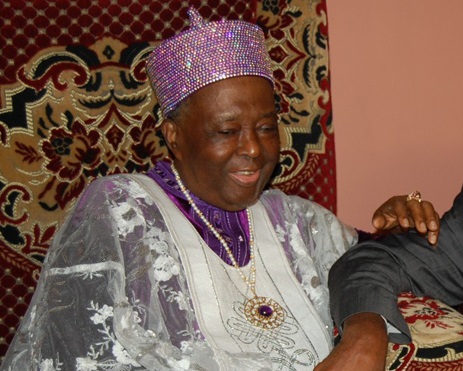
When former President Goodluck Jonathan visited the Ooni’s Palace in Ile Ife during the final days of campaign for the presidential election of the 2015 General Elections, against the mood of the people, and political inclination of the majority of the Yorubas, Oba Sijuade took Jonathan to a semblance of the traditional power house of Oduduwa for what turned out to be a controversial royal blessing. With the outcome of the election not favouring Jonathan, the Yoruba traditional institution became a subject of political mockery.
Okunade Sijuade: His crisis and controversies



